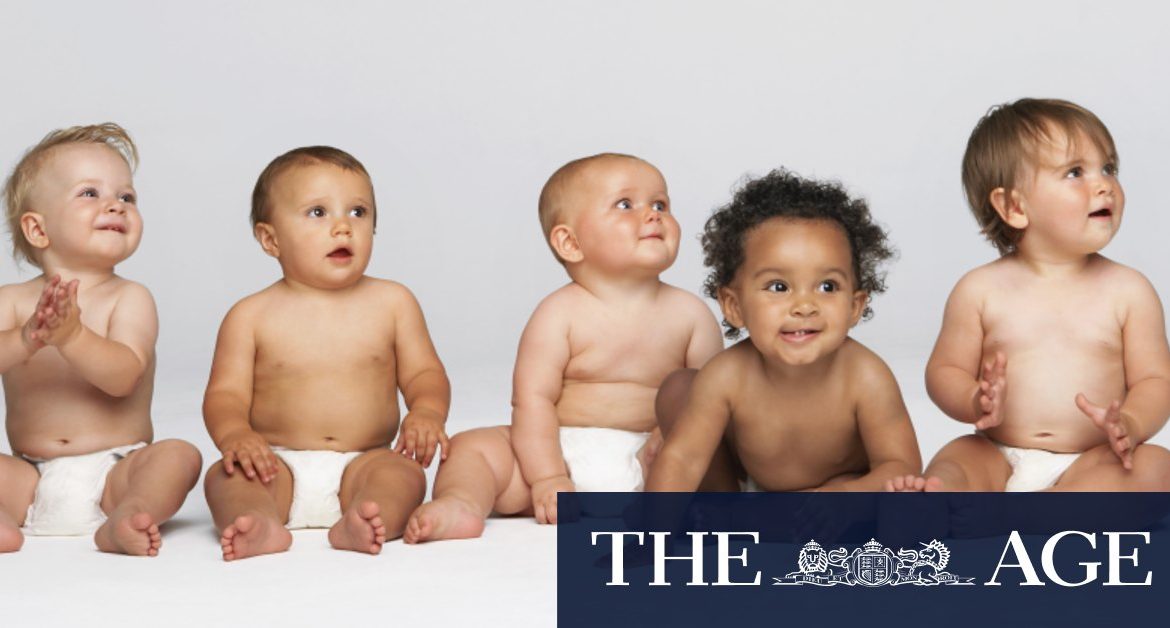When introducing the baby bonus scheme in 2002, then federal treasurer Peter Costello famously encouraged Australians to “have one for mum, one for dad and one for the country”.
“Even if there was just one for mum and dad because we’re not even hitting that [replacement rate],” Mr McCrindle said.
The fertility rate in 2019 was 1.66 births per Australian woman, while there have been predictions of 56,000 fewer babies every year from 2019 to 2024.
Mr McCrindle said it was likely the birth rate would drop even further in 2021 as people delayed having children because of the coronavirus pandemic.
“Historically, in tough economic times – depressions, recessions and global instability like the world wars – the birth rate sharply drops and COVID was one of those experiences,” he said.
“So I think that anyone who was thinking about expanding their family, or starting a family, last year may indeed hold off.”
Mr McCrindle said the drop in international migration owing to border closures would also slow the country’s growth and contribute to an ageing population.
“I don’t think we need a lot of population growth but we don’t want to go backwards, so suddenly births are the key, that can really do something,” he said.
The baby bonus was axed by Labor in 2014 and there has been little federal support for a repeat performance.
Over the past decade, the most popular month for birth registrations in Queensland was March, followed by May and July.
The least popular months were November, followed by February and December.
In 2020, the Mater Mothers’ Hospital in South Brisbane welcomed the most babies in the state (6246), followed by the Gold Coast University Hospital (5191), Royal Brisbane and Women’s Hospital (4730) and Mater Women’s and Children’s Private Hospital (3873).
Data can also reveal the “nappy valleys” of the state, with women living in the 4350 postcode – covering Toowoomba – giving birth to the most babies in 2020.
Felicity Caldwell is state political correspondent at the Brisbane Times
Most Viewed in National
Loading







